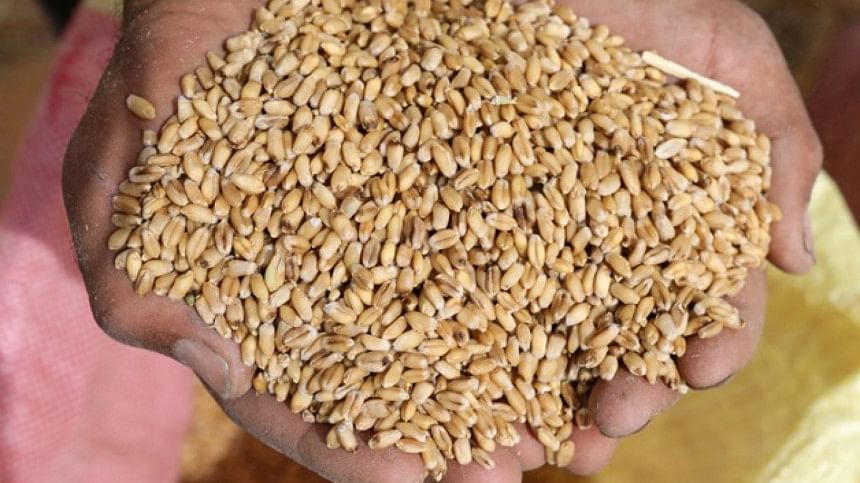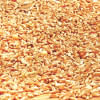India bans wheat export, will be sensitive to Bangladesh's needs

India has banned wheat exports with immediate effect as part of its measures to cool rising domestic prices but lifted prohibition on export of onion seeds, according to official notifications by the commerce ministry of the country.
Export of all wheat, including high-protein durum and normal soft bread varieties, have been moved from "free" to the "prohibited" category with effect from May 13, reports our New Delhi correspondent.
However, just two kinds of shipments will henceforth be permitted. The first is "on the basis of permission granted by the government of India to other countries to meet their food security needs and based on the request of their governments."
The second is exports under transitional arrangements, "where irrevocable letter of credit has been issued on or before the date of this notification, subject to submission of documentary evidence as prescribed," said a notification by the Directorate General of Foreign Trade (DGFT) under the Commerce Ministry.
The DGFT issued an amendment in the wheat export policy notification, dated May 13 and signed by DGFT Director General Santosh Kumar Sarangi, on the latest ban on wheat export notes that the Indian government saying the step has taken amid "sudden spike in the global prices of wheat arising out of many factors as a result of which the food security of India, neighbouring and other vulnerable countries is at risk."
Without naming the neighbouring countries, the Indian notification of May 13 suggests that New Delhi is mindful of managing "the overall food security of" India and supporting "the needs of the neighbouring and other vulnerable countries."
Indian officials said while the ban on wheat export may hit private traders, it is unlikely to affect government-to-government deals. For this, Dhaka would have to reach out to New Delhi through official channels, they added.
Regarding wheat, India is likely to be sensitive particularly to concerns and requirements of Bangladesh and Nepal which were among the major importers of wheat from India in the financial year 2021-22.
Bangladesh was the largest importer of wheat from India in the last financial year 2021-22 accounting for nearly half of India's total wheat export of a record seven million tonnes, according to estimates by the Directorate General of Foreign Trade under the Commerce Ministry.
The notification on export of onion seeds said, "The export policy of onion seeds has been put under the restricted category, with immediate fact."
The ban on wheat export came on the back of an estimated large fall in domestic production due to a severe heat wave in March-April and a sharp rise in domestic food prices, especially of cereals.
India's ban on wheat export is likely to drive global food prices which have risen to record levels due to void in wheat supplies after Russia's war on Ukraine.

 For all latest news, follow The Daily Star's Google News channel.
For all latest news, follow The Daily Star's Google News channel. 








Comments